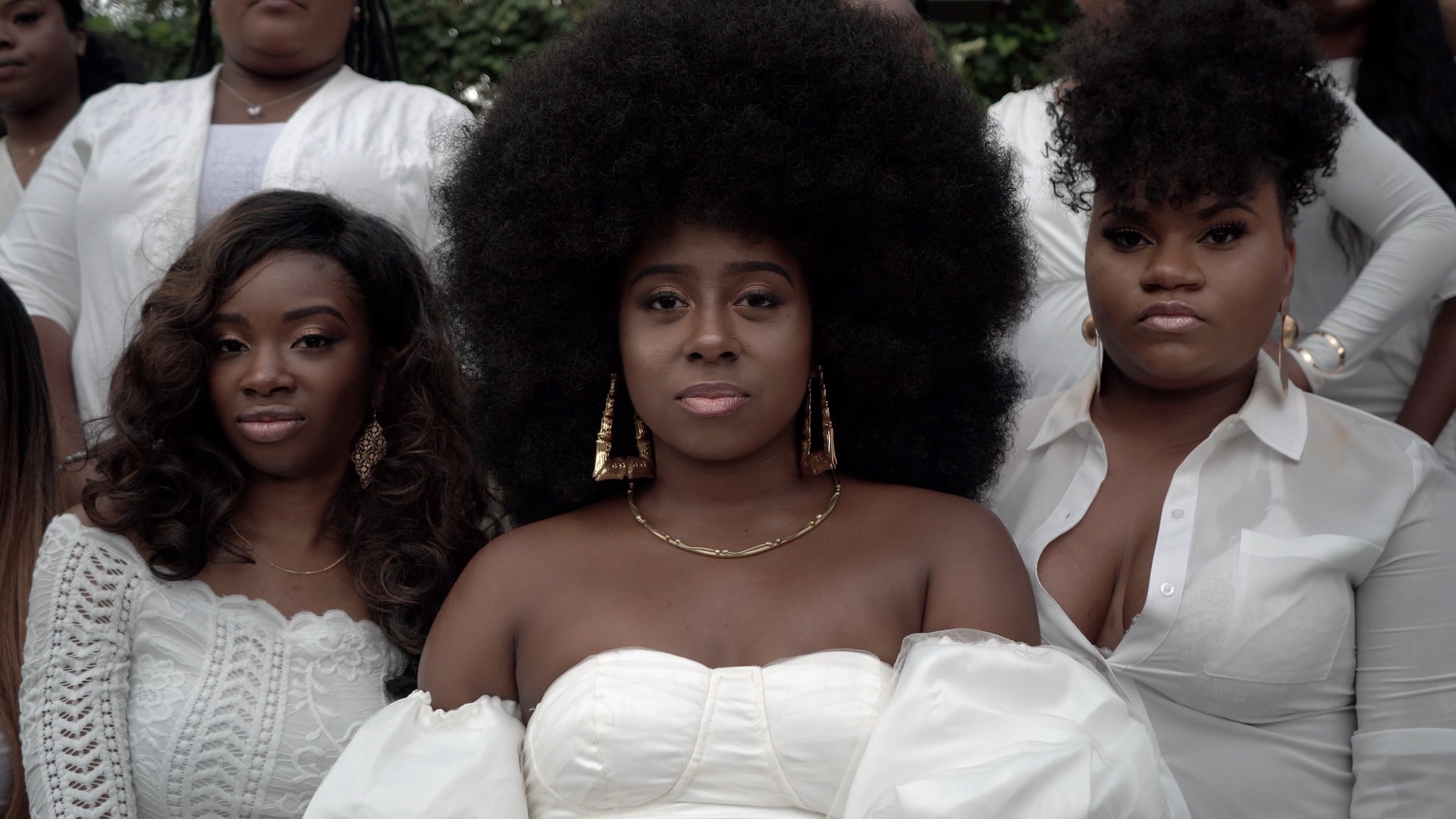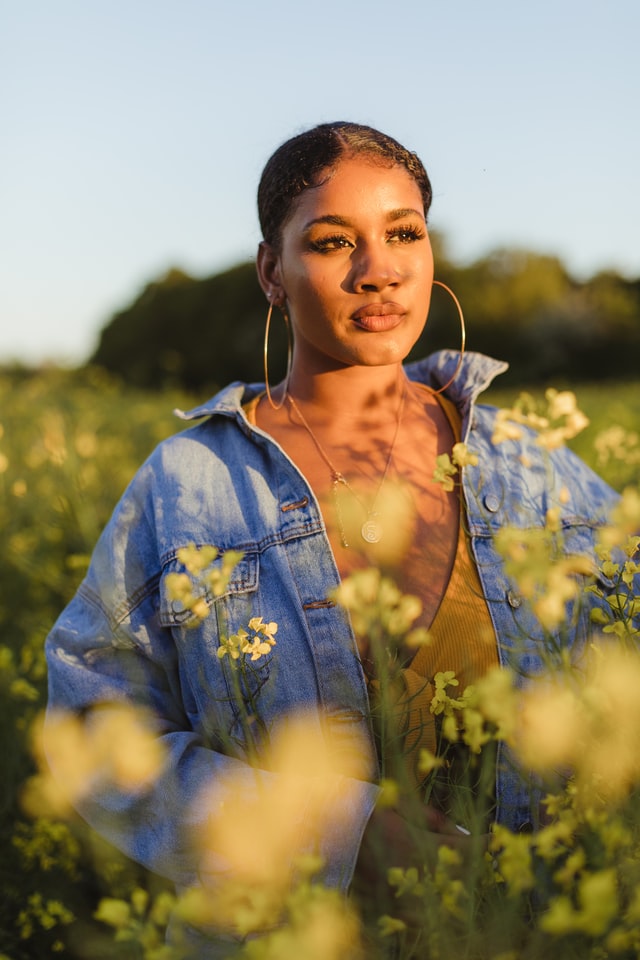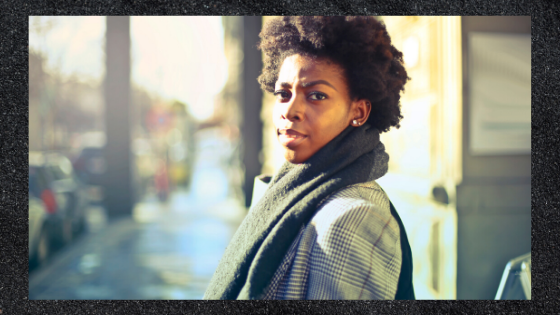 Photo by Zach Vessels on Unsplash
Photo by Zach Vessels on Unsplash
As a black woman in America, it has always been hard for me to be seen and heard. Being in that store was reminiscent of a dream I’ve had before, when I am screaming and trying to get someone’s attention, but that person who is in the dream with me cannot hear me.
I’m going to start this blog post with a little story, of a situation that happened to me recently. In February I had a rather unpleasant and confusing experience at a bridal boutique, within a major hippie-chic clothing store, in a very “affluent” side of Maryland. I was there to place an order for a bridesmaid dress for the wedding of my good sistah-friend and former dope roomie aka former-roomie-bride-sistah-friend. I knew the exact color, size, and style I was supposed to be ordering because my dear former-roomie-bride-sistah-friend is meticulous. I walked in wearing my Delaware State University (DSU)-HBCU 1842 baseball cap and told the sales associates what I needed. I explained to them that there was a discount that was given to the bride and I mentioned her name, as I was told to do via our WhatsApp group chat. The first sales associate looked at me dumb-founded and said they did not have that color, nor do they keep notes of reservations of the brides that come in to place orders. Mind you, I know for a fact that my former-roomie-bride-sistah-friend was just in there 2-3 weeks prior. I had all the pic receipts and I even showed them the dress that one of the bridesmaids tried on the day they visited the store the first time. Every time I would talk, the sales associate got visibly more irritated and was committed to make me feel stupid or from what I vibed–she thought that I was trying to get over somehow. She continued to say they do not know the name of the bride I am talking about, and that they did not have the color of the dress I was looking for. I told her to ask another sales associate. She asked about 4 girls–they all said I was wrong. One of the girls, I later found out was the Assistant Store Manager. Before you ask, yes they were.
I had texted the group chat and nobody got back to me and I began to think maybe me, my former-roomie-bride-sistah-friend had it wrong. So I ended up ordering and paying more for the dress in that same style, with the new color that the sales associates convinced me was the correct color that I was looking for. I walked to my car feeling confused and uncomfortable. I looked at the receipt one last time and knew something was wrong. I got out of my car and started walking back to the store and then called my former-roomie-bride-sistah-friend and she was livid. She is a spicy and takes-no-ish type woman. I told her what happened and she said, “Loy you’re not wrong. They’re wrong.” Before I could get downstairs to the bridal boutique, she had already called and had it out with them. She called me back and said, “They should be looking for you to fix it”.
There could’ve been a slew of different issues that were present that made the sales associates respond to me the way they did. The number three thing being incompetence and poor training, but it’s the number one and number two thing that are the primary issues. Race and Class.
Come to find out, I was correct the entire time, and I was not “crazy”. The boutique manager came out and profusely started apologizing to me and said that she does not understand why none of the sales associates in the store did not listen to me and still placed the order because now the wrong dress was making its way to my house. She literally showed me the iPad with all the notes from my former-roomie-bride-sistah-friend’s initial bridal reservation, including all the details of the color of the dress, the large number of bridesmaids (hence why we were getting a discount in the first place), and other details pertaining to the then future orders that would be made by the other bridesmaids. So now, my social justice-DSU hat was on and I also proceeded to lay into them as well. I asked for the names of the sales associates and let them know the level of invisibility I felt, let alone the feeling that I was in the wrong, stupid and crazy. The girls scattered when I said I needed names. They were embarrassed, but the main sales associate I dealt with came out of the back and said, “It turns out you were right after all.” I told her, “I was never wrong, to begin with”. She mysteriously got off her shift right after that interaction.
When I got back in my car and on the phone with my former-roomie-bride-sistah-friend, I asked her what she said to them, she said, “Loy, I told them that, Loy was trying to tell you this whole time what she needed, but you did not hear her. I told the manager that my bridal party is made up of all black women, and you need to be more conscious of certain things regarding people of different races and cultures, despite what you are used to in that store”. The store manger told my friend that they would be undergoing extensive training after this.

Photo by Humphrey Muleba on Unsplash
As a black woman in America, it has always been hard for me to be seen and heard. Being in that store was reminiscent of a dream I’ve had before, when I am screaming and trying to get someone’s attention, but that person who is in the dream with me cannot hear me. These types of dreams almost always frighten me and I typically awaken in an anxious sweat. Now let me be clear, the event at the store did not incite any fear or anxiety because I meditate too much for foolishness like that to impact my peace-of-mind, but what it did do, was bring to the surface the feelings of me often having to fight and force people to see me wholly.
At all times I am fully aware of my body and how I present. I’m tall, dark brown with gorgeous curves and a lot of times people have found it intimidating or unbecoming. The difference for me now at 30-something is I just don’t care what anyone thinks, but that does not mean I am not aware of it.
There could’ve been a slew of different issues that were present that made the sales associates respond to me the way they did. The number three thing being incompetence and poor training, but it’s the number one and number two thing that are the primary issues. Race and Class.
The sales associates just knew that I was wrong, despite my best efforts of showing them pictures of the dress taken in their store weeks before, showing them text messages with the reservation information, and repeatedly explaining myself. To them, I was an “uncommon customer” that had an “unusual set of requests”, so therefore my voice was not to be heard.
The dilemma of being African and black is that you are in this constant battle of refuting racial stereotypes, while also trying to affirm your own blackness and that of the collective. It is a very political existence. It is not seen as a human existence, but the experience of the other. Black women struggle to be humanized, to be seen as people who bleed, who cry, who hurt, who laugh, who feel, and who also have and are still greatly influencing and impacting humanity on a daily basis.
At what point do we begin to humanize black women? What does humanizing black women even look like? and Why do we even need to humanize black women, if all we get is the same old thing every single time?

